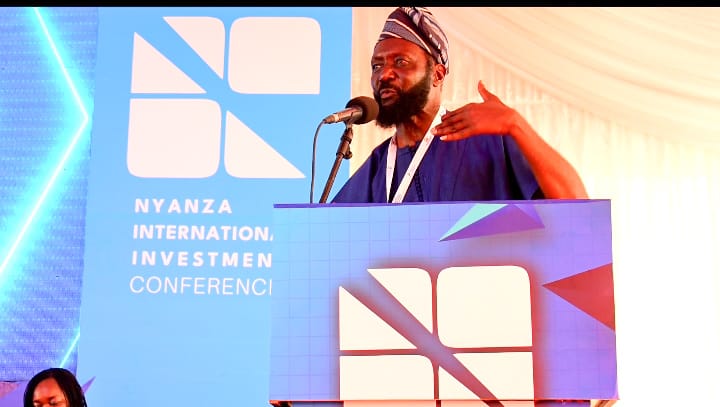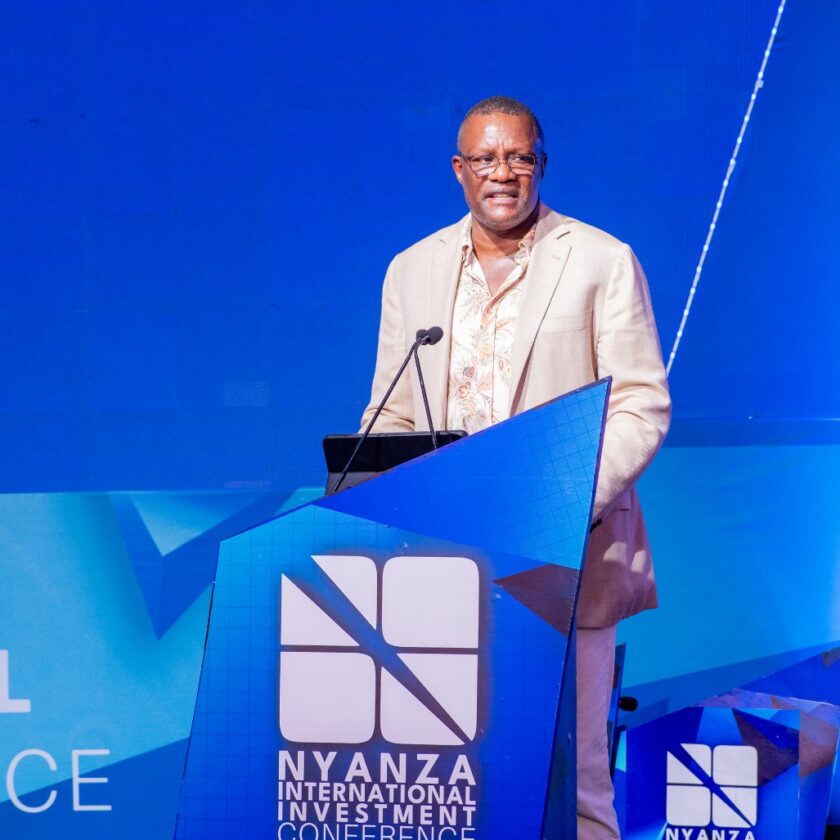The bid for the African Union Commission (AUC) Chairmanship has inevitably become a defining moment in the political career of Raila Odinga. As a statesman of formidable pedigree, his candidacy represents a pivotal shift in the dynamics of African leadership, heralding a new era of visionary governance. Yet, the challenge presented by the Southern African Development Community (SADC) endorsement of Madagascar’s Richard J. Randriamandrato must be examined with intellectual rigor. While this directive may be perceived as a considerable obstacle, a deeper analysis reveals that Odinga’s path to victory remains not only viable but highly probable. The underlying mechanisms of the AU electoral system, the geopolitical landscape, and the strength of Odinga’s diplomatic maneuvering substantiate his ascendancy as the most likely victor in this contest.
The SADC Endorsement: A Paper Tiger?
The SADC’s instruction to its 16 member states to support Randriamandrato is often touted as a critical blow to Odinga’s campaign. However, upon closer examination, this directive lacks absolute enforceability. The voting for the AUC Chairperson is conducted through a secret ballot, which permits individual states to exercise discretion beyond regional alliances. The notion that all SADC member states will obediently align with the directive is a simplistic assumption that ignores the intricate nature of diplomatic negotiations. Indeed, several SADC countries had previously shown a disposition toward Odinga’s bid, indicating that regional loyalty is not as rigid as presumed.
Moreover, historical precedents within the AU underscore the fluidity of regional endorsements. African geopolitics is largely influenced by bilateral relations and strategic interests rather than mere regional affiliations. Odinga, a consummate diplomat, understands the intricacies of securing allegiances beyond overt political declarations. His ability to cultivate support from member states on an individual basis weakens the monolithic facade of the SADC directive. While Madagascar’s Randriamandrato benefits from the SADC endorsement, his influence outside the bloc is negligible, whereas Odinga’s pan-African credentials are far more formidable.
Odinga’s Continental Gravitas and Diplomatic Strength
Raila Odinga’s extensive political experience, coupled with his history of advocacy for democratic governance, makes him a candidate of exceptional caliber. Unlike Randriamandrato, whose political influence remains largely confined to Madagascar and its regional allies, Odinga’s political reach extends across the African continent. His previous role as the African Union’s High Representative for Infrastructure Development endowed him with an intimate understanding of the AU’s operational framework, positioning him as the candidate with the most relevant expertise.
Furthermore, Odinga’s ability to galvanize support across linguistic and ideological divides places him at a strategic advantage. Francophone, Lusophone, and Anglophone nations have all engaged with Odinga in various capacities, solidifying his reputation as a unifying figure. The AU has long sought a leader who can transcend regional partisanship, and Odinga embodies this quality in ways that his competitors do not.
The 28-Nation Pledge: A Game-Changer
A key element that underscores Odinga’s superior positioning is the earlier revelation by his campaign team that he had secured support from 28 nations. While the specific identities of these nations were not disclosed, this number represents a commanding majority within the AU’s 55-member bloc. If indeed Odinga commands the backing of over half the voting states, the SADC directive becomes an impotent formality rather than a substantive hurdle.
The strategic silence around the identities of these supporting nations also works to Odinga’s advantage. It prevents rival campaigns from effectively counteracting his support base while simultaneously ensuring that nations aligned with him are not subjected to coercive diplomacy by the SADC bloc. In the high-stakes game of AU politics, discretion often equates to strength.
The Influence of Key AU Powerhouses
The African Union, much like any other political entity, is significantly swayed by its dominant members. Nations such as Nigeria, Egypt, Algeria, and Ethiopia wield substantial influence in shaping AU policies and elections. While the SADC bloc remains an important regional player, it does not possess the overriding authority to dictate the outcome of the elections unilaterally.
Odinga’s extensive diplomatic engagements with African heavyweights such as Nigeria and Egypt enhance his prospects significantly. Nigeria, a longstanding ally of Kenya, is likely to leverage its West African influence in Odinga’s favour. Similarly, Egypt and Algeria, whose interests in Pan-African development align closely with Odinga’s vision, may prefer a leader of his stature over a lesser-known contender from Madagascar. Ethiopia, as the host nation for the AU headquarters, is also a potential kingmaker in this election, and Odinga’s extensive work in regional integration through infrastructure development plays well in his favor.
The Timing and Fluidity of AU Elections
The AU elections are notorious for their unpredictability. While the scheduled voting on February 15-16, 2025, in Addis Ababa suggests a fixed timeline, the reality is that last-minute shifts in alliances frequently occur. The secret ballot format ensures that countries can vote according to their own strategic calculations rather than regional directives, a factor that Odinga’s campaign can strategically exploit.
Moreover, the AU’s recent history suggests that regional endorsements are not as binding as they appear. The precedent of past elections demonstrates that consensus can unravel in favor of a stronger, more politically palatable candidate. The very fact that Mauritius withdrew its candidate suggests a lack of unity within SADC itself, further weakening the bloc’s ability to rally votes cohesively.
Raila Odinga’s Victory is Within Reach
The narrative that the SADC endorsement has significantly hampered Raila Odinga’s bid for the AUC Chairmanship is not only premature but also strategically misleading. The reality is that Odinga remains the most formidable candidate in this race. His extensive political experience, broad pan-African appeal, and deep-rooted diplomatic networks place him in pole position to clinch the AUC chairmanship.
While Randriamandrato may have the backing of the SADC bloc on paper, the real battleground remains the AU’s secret ballot, where individual nations will vote based on their unique interests rather than dictated regional mandates. Odinga’s reported backing from 28 nations, his strong ties with influential African powerhouses, and his unmatched expertise in AU governance make him the most likely winner.
This election is not just about regional endorsements; it is about leadership, vision, and Africa’s future. In all these aspects, Raila Odinga stands head and shoulders above his competitors. The SADC challenge, while noteworthy, is ultimately surmountable. When the dust settles in Addis Ababa, Odinga’s name is poised to be inscribed in the annals of African history as the next AUC Chairperson.
Okoth Osewe




